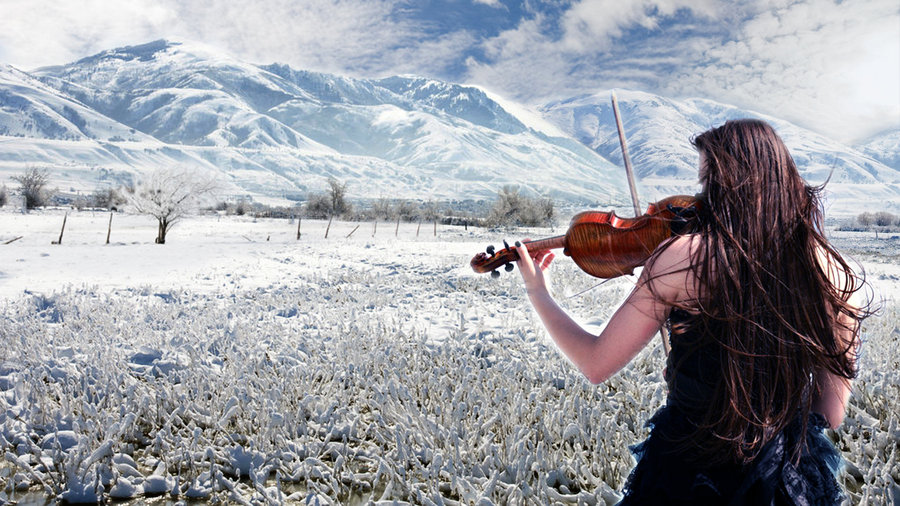IWIM Blog, Your instrument
Cold Weather & Your Instrument
Sydney isn’t known for being one of the coldest places, but we’ve certainly been feeling the chill these last few weeks! As we head into winter, it’s important to remember that cold weather is especially hard on our voices and our instruments.
Why Cold Weather is Bad News for Musicians
Science class will teach you that water occupies less and less volume as it changes temperature from gas to liquid and finally to solid when frozen. Simply put, the colder the water is, the less space it takes up. As your musical instrument gets cold it shrinks, just like water (but not nearly as much!). If you play a woodwind instrument, then you may notice more squeaks this time of year. And if your woodwind instrument uses reeds, they will be harder to work with and sound “dry.”
Brass instruments are trickier, maybe a tuning slide will get stuck. Guitars and other string instruments will drift out of tune more frequently. And many schools and churches that own pianos have a lot of problems maintaining them in the winter. Damage can be done when an instrument shrinks as a result of the cold air. If your instrument is made of real wood, the cold air can cause cracking, which is very expensive to repair. Sometimes they are broken beyond repair.
What You Can Do to Protect Against Weather-Related Damage
Avoid Temperature Extremes
The easy fix for problems with exposure is to minimize the amount of time your instrument will be outside. Don’t leave it in the car at all during the winter, if you can possibly avoid it. If the instrument has been outside in the cold for a long period of time, do what you can to gradually warm it up. Don’t take it from the freezing car and then drop it off by the fireplace or close to a heater for a quick warm up. Instead, pick a relatively cooler room in the home to leave it for an hour so it can gradually warm up.
Maintain Proper Humidity
Lack of humidity is another problem. Because the air is cold, the water in the air condenses and/or freezes and leaves us with very dry air. Just like using humidifiers in the winter to add moisture into the air and create a more comfortable environment, your instrument can also benefit from some quality time next to a humidifier. The best practice is to avoid any big swings in the humidity levels, and to keep it consistent between 40-60%.
In addition to a standard humidifier in the home, consider using a humidifier in your instrument case. Be careful, though, to not rely on the case humidifier as the only source for humidity, as they may not release enough moisture to make a difference.

What About Vocalists?
People change in the cold weather, so if you are a singer, you need to take even more care of your voice this time of year. Bump up the hydration and avoid sudden shifts in temperature when singing. Are you going out caroling? Do your warm ups and warm downs while you are in the cold air. Avoid hot beverages when you are singing outside in the cold. Warm drinks are good and very soothing but hot drinks can cause damage. Try to avoid long outdoor performances in the winter.
Colds and Flu
Winter is also bad for viruses, so be careful if you have to sing when you are sick. Put in a little extra warm-up time. If you play the piano you’re probably using more than one piano and/or keyboard during the week. Keep them wiped down to eliminate germs on the surface. Woodwind and brass players should be more meticulous about cleaning the mouthpiece, neck, and any other components that you come in direct contact with while playing
Don’t Try That Instrument!
And obviously, this is not the time of year to try someone else’s instrument! Bacteria like to collect in musical instruements, especially in the wintertime. If they have a virus, you might be next.
Winter is a busy time for musicians and music students. To have a successful winter season as a musician, take care of your instruments and yourself. A little bit of precaution and preparation will keep you and your instrument happy until the warmer weather arrives.

